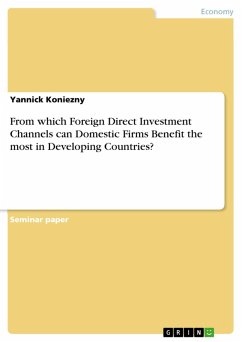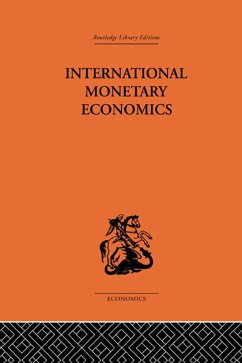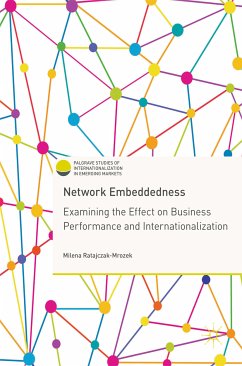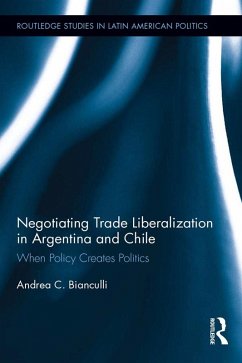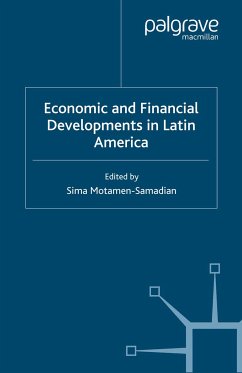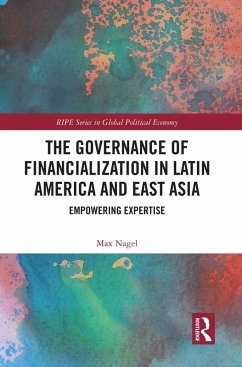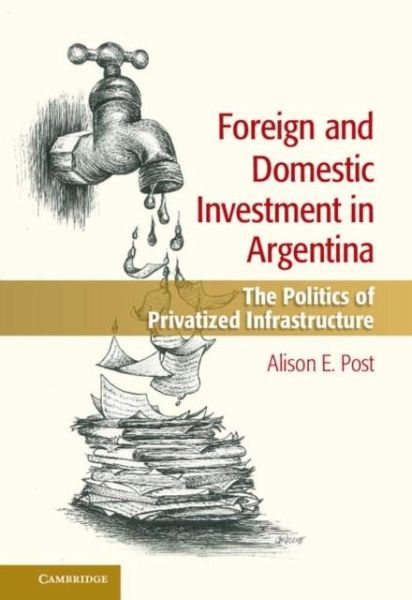
Foreign and Domestic Investment in Argentina (eBook, PDF)
The Politics of Privatized Infrastructure

PAYBACK Punkte
10 °P sammeln!
Political economy scholarship suggests that private sector investment, and thus economic growth, is more likely to occur when formal institutions allow states to provide investors with credible commitments to protect property rights. This book argues that this maxim does not hold for infrastructure privatization programs. Rather, differences in firm organizational structure better explain the viability of privatization contracts in weak institutional environments. Domestic investors - or, if contracts are granted subnationally, domestic investors with diverse holdings in their contract jurisdi...
Political economy scholarship suggests that private sector investment, and thus economic growth, is more likely to occur when formal institutions allow states to provide investors with credible commitments to protect property rights. This book argues that this maxim does not hold for infrastructure privatization programs. Rather, differences in firm organizational structure better explain the viability of privatization contracts in weak institutional environments. Domestic investors - or, if contracts are granted subnationally, domestic investors with diverse holdings in their contract jurisdiction - work most effectively in the volatile economic and political environments of the developing world. They are able to negotiate mutually beneficial adaptations to their contracts with host governments because cross-sector diversification provides them with informal contractual supports. The book finds strong empirical support for this argument through an analysis of fourteen water and sanitation privatization contracts in Argentina and a statistical analysis of sector trends in developing countries.
Dieser Download kann aus rechtlichen Gründen nur mit Rechnungsadresse in A, B, BG, CY, CZ, D, DK, EW, E, FIN, F, GR, HR, H, IRL, I, LT, L, LR, M, NL, PL, P, R, S, SLO, SK ausgeliefert werden.




